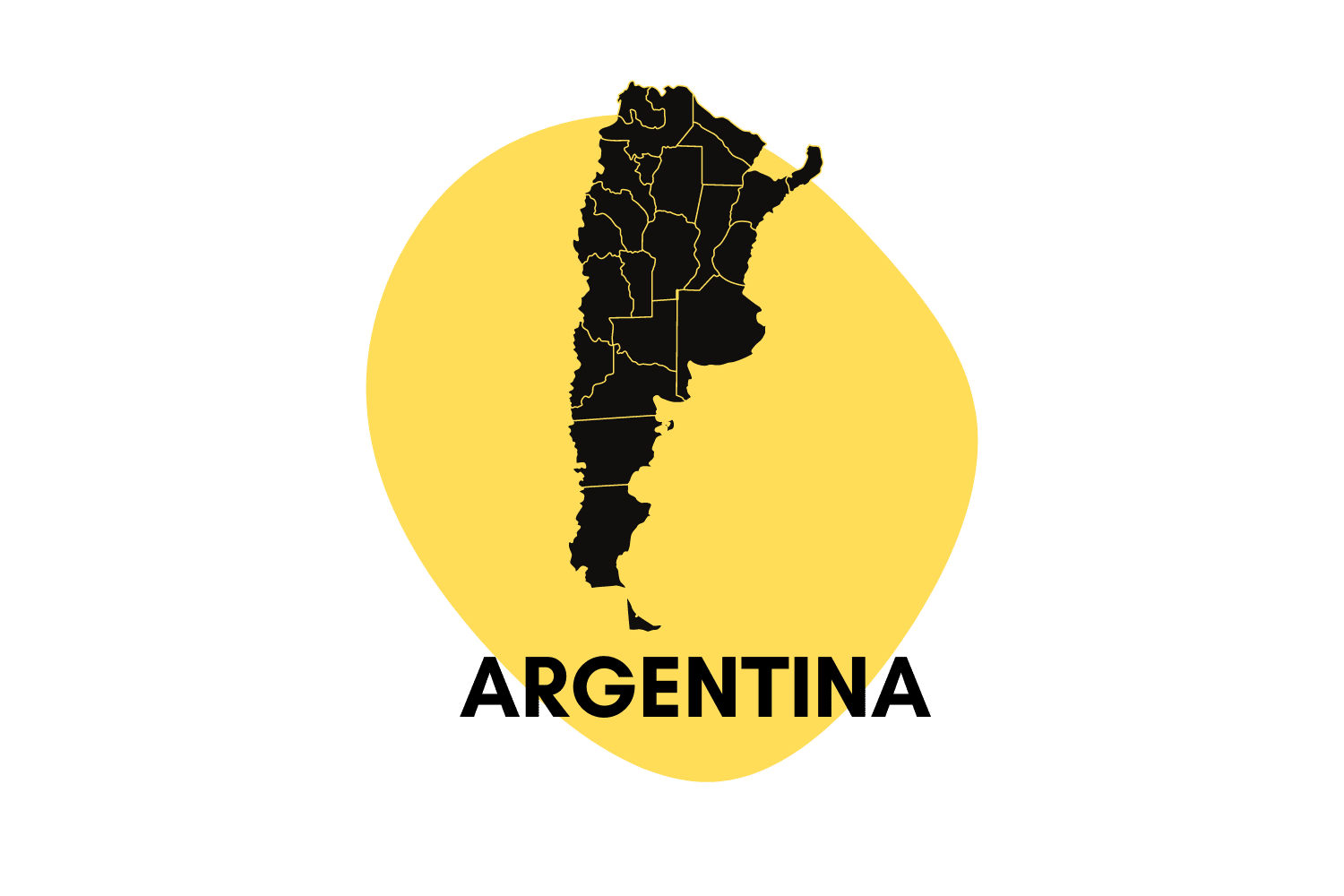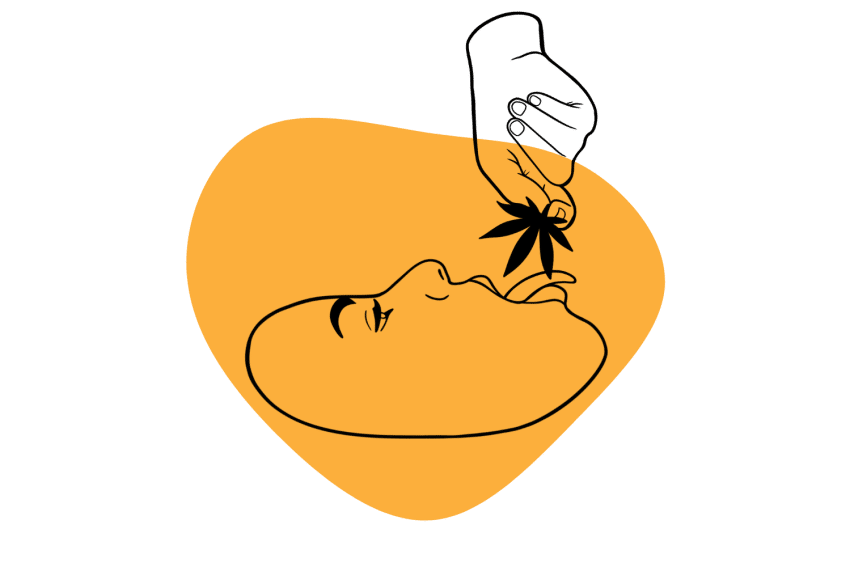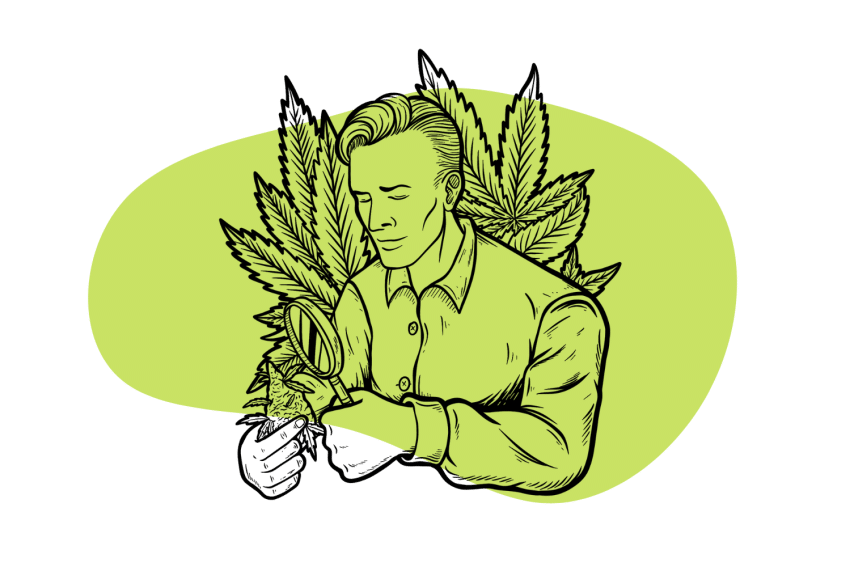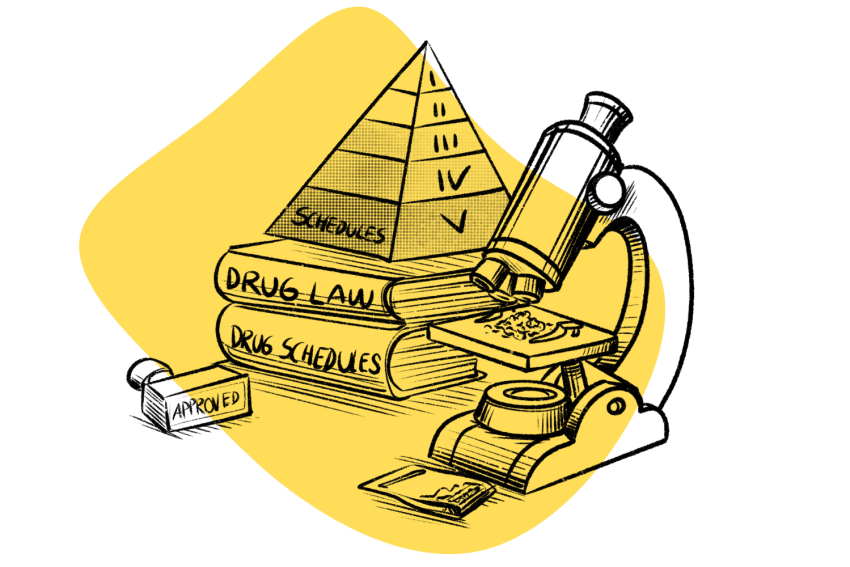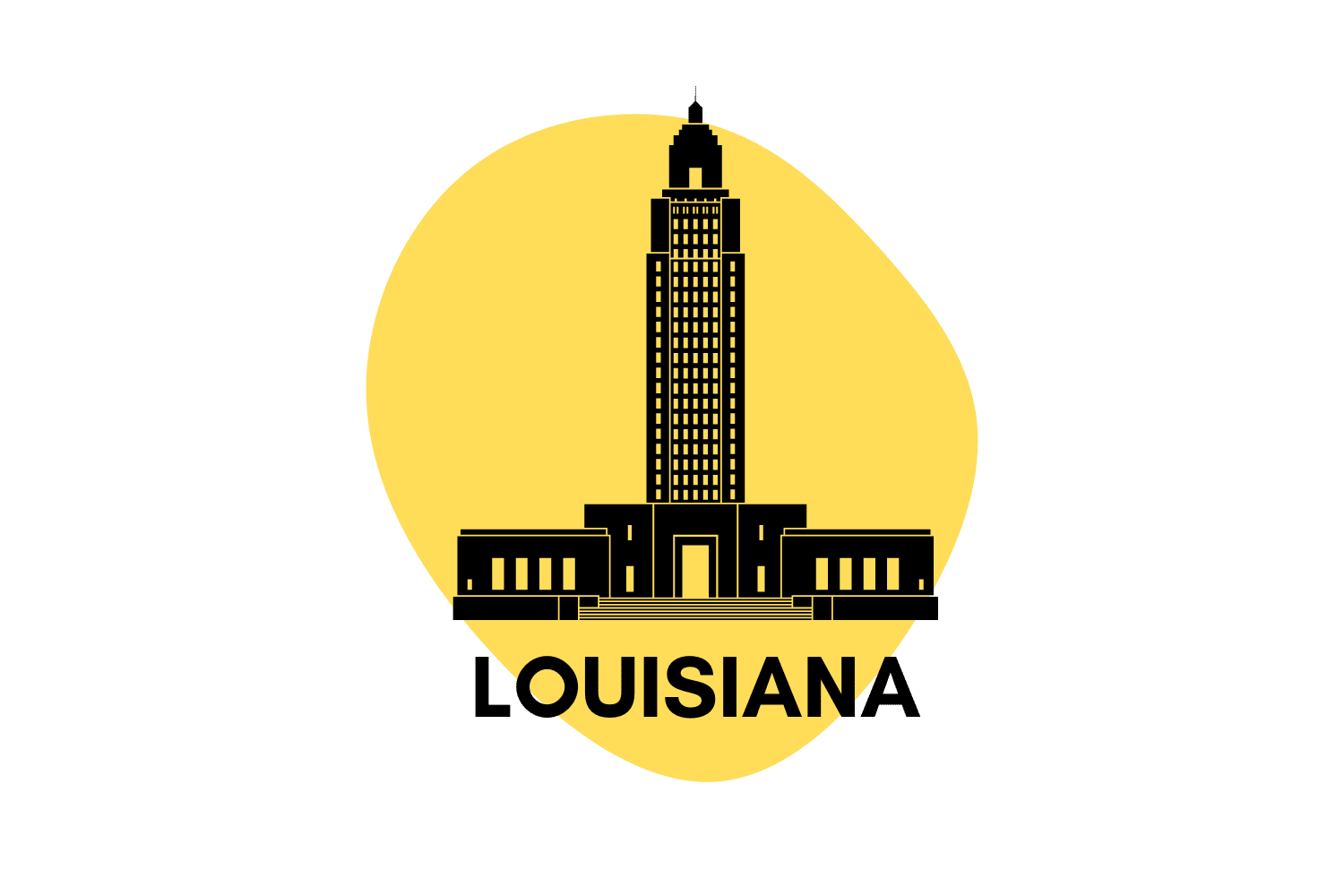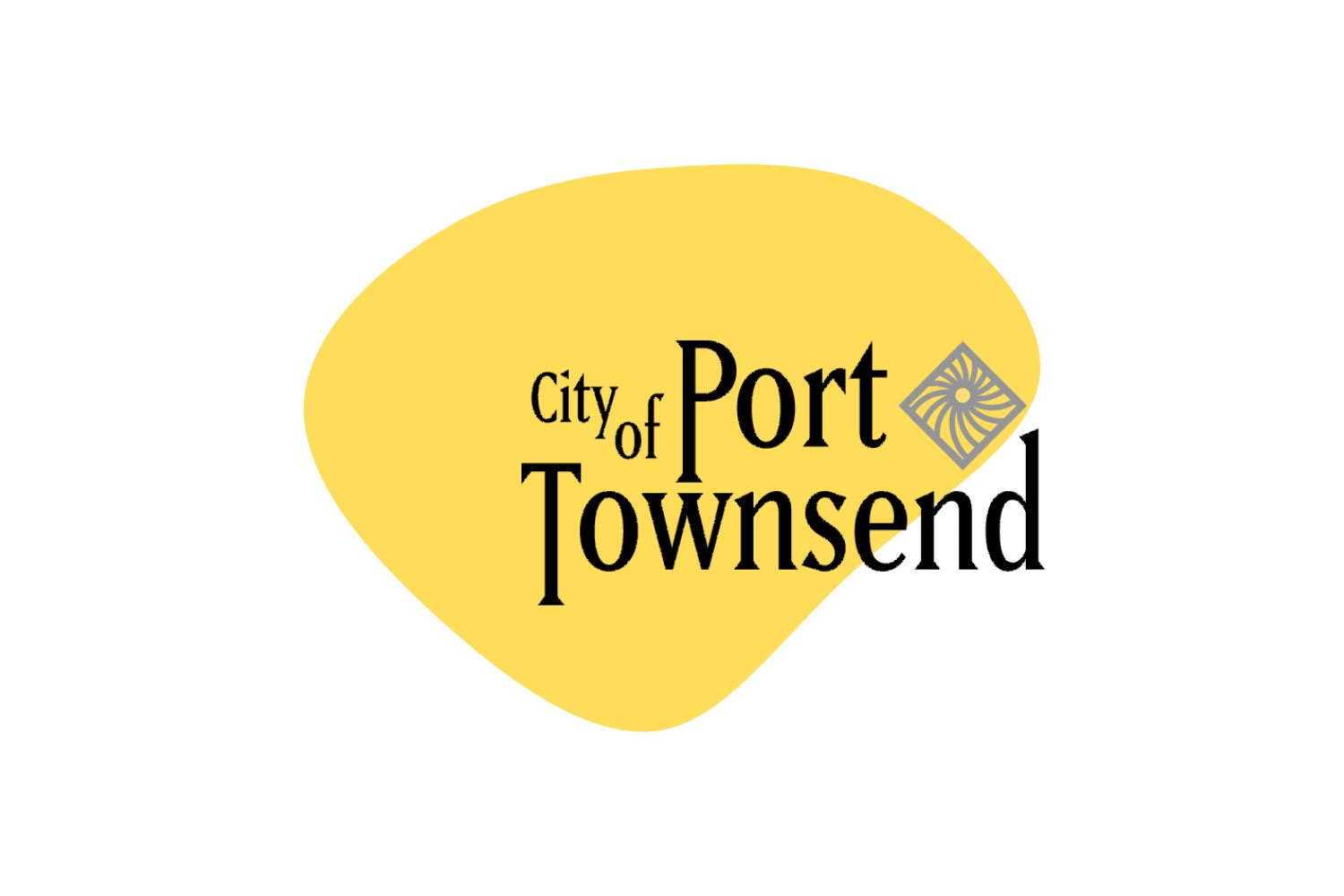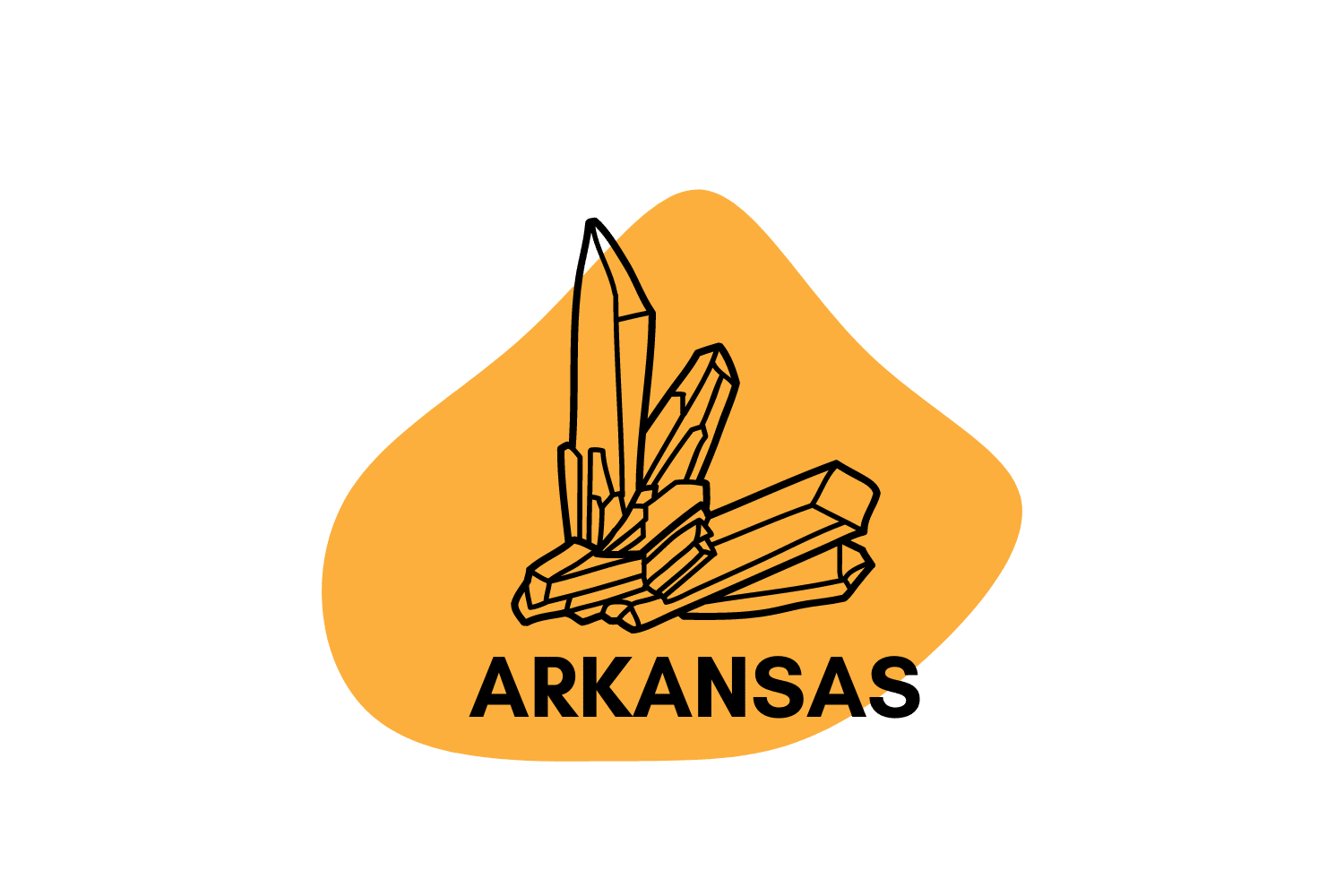Should We Celebrate Biden’s Midterm Marijuana Move?
Biden promised to decriminalize marijuana on the campaign trail. He took a big step on this promise after announcing a large number of pardons for possession charges — but he stopped short of legalizing or decriminalizing the plant… for now.
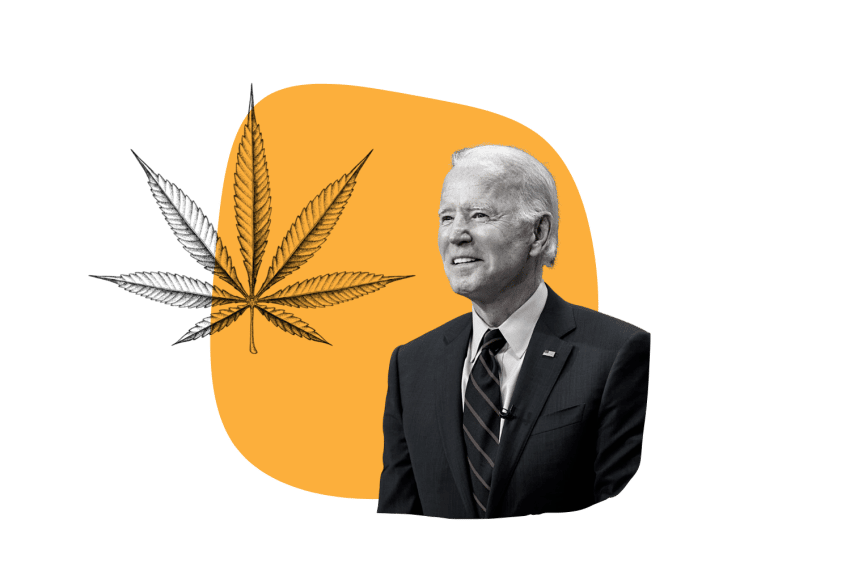
In an unannounced move, Biden announced sweeping marijuana reform news on Thursday. Dropping the news on Twitter at around 3 pm.
He received a mixed reaction to the news.
While he’s mentioned decriminalization in the past, he stopped short of any legal reforms on his own, instead “calling on” others to reform.
Still, incremental progress is moving in the right direction, even if it stops far short of where many would like it to be.
Let’s take a moment to dissect the legal landscape throughout the US, the motivations behind this new announcement, and why it doesn’t go quite far enough.
Related: What’s the Difference Between Decriminalization & Legalization?
Inside The Current Legal Landscape
It’s not enough to describe America’s legal landscape as problematic. As it currently stands, 19 states have legalized adult-use cannabis, and 37 states and the District of Columbia have legalized medical use.
That means way more people than not have safe access to cannabis. Even in states where it’s only available medicinally, many face few hurdles in getting their medicine.
The result is an industry that brought in more than $3.7b in tax revenue from recreational use alone. Meanwhile, US tax code 280E keeps cannabis companies from being able to make any of the tax deductions that most small businesses enjoy [1].
As long as weed remains federally illegal, payroll, business supplies, rent/mortgages, and all other expenses are not exempt from taxes. As far as it concerns Uncle Sam, every dollar cannabis businesses earn comes from the trafficking of a schedule I narcotic.
Years ago, legal entities formed a truce with cannabis businesses in legal states and agreed not to hunt them down federally. As long as the increased revenue from taxes continued to flow in, they were safe from legal concerns.
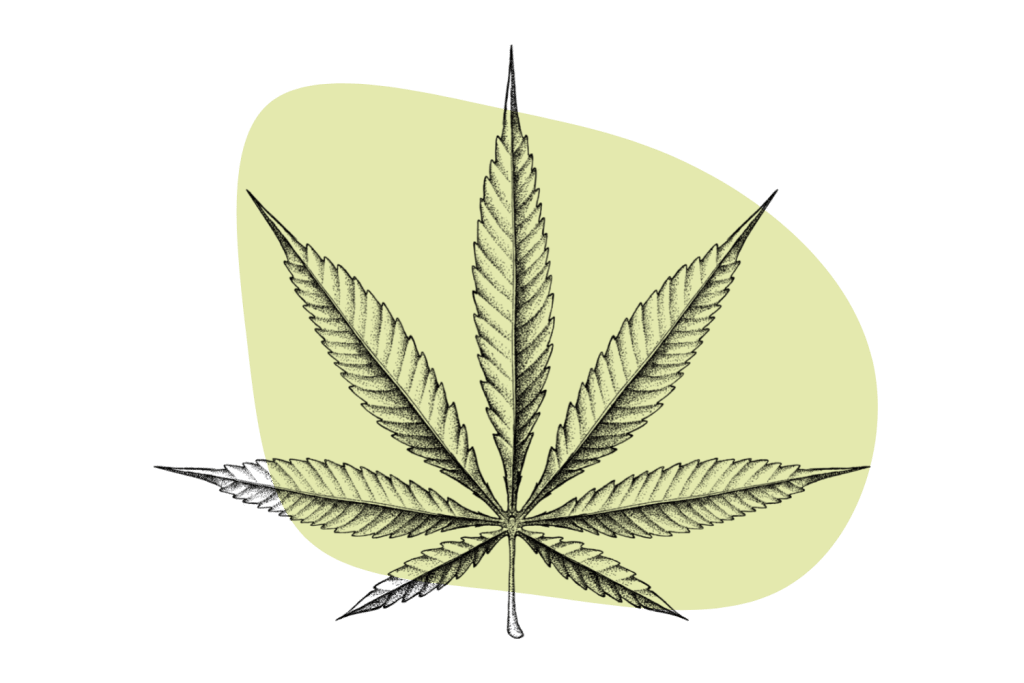
Conspicuous Timing
It doesn’t take much investigation to see the main intent behind this announcement. Early voting for midterms is opening in many states, and Biden is hoping people will see that weed is on the ballot.
To be clear, there’s nothing wrong with doing things just because it will please your voters. Biden talked about weed on the campaign trail, and it was an expectation that voters have had of him for the last two years.
Which does have a lot of people asking: what took Biden so long?
There is no way to know for sure, but with Biden’s past comments about weed — he gave weight to the “gateway drug” myth as recently as 2019 — it seems likely that it’s not something he wants.
Wait, so do I get my job at the WH back? https://t.co/PSOlsNQzQ4
— Anya Lehr (@anyalehr) October 6, 2022
In his early days on the campaign trail, Biden worked desperately to remove himself from the gateway drug remarks he had made in the past. He went on the Shade Room and said he would wipe away marijuana charges adding that if a job application asks about past convictions, “you can leave it blank.”
Then, after the election, the Biden administration promptly fired at least five staffers that revealed past marijuana use on their background checks. While many are celebrating the announcement Biden made, others are quick to point out that this was a decision that Biden utilized as a political pawn against the wishes of his constituents.
A pawn, the reader may note, is not even particularly robust or bold.
What Did Biden Announce
First: I’m pardoning all prior federal offenses of simple marijuana possession. There are thousands of people who were previously convicted of simple possession, who may be denied employment, housing, or educational opportunities as a result. My pardon will remove this burden.
— President Biden (@POTUS) October 6, 2022
The recent announcement included a three-pronged response to the “failed approach to Marijuana.” This included:
#1: “Pardoning all Prior Offenses of Simple Marijuana Possession”
This will immediately affect thousands of people currently serving or having served time in the past for simple marijuana possession. While we can have whatever feelings we want to have about this news as a whole, this is an undeniably fantastic step forward in drug policy.
The White House estimates the number of beneficiaries to be around 6,500. That’s 6,500 people who will no longer have to struggle with finding housing, employment, and creating a life for themselves after a charge.
There is no downside to that, even if it can go further.
#2: “Calling on Governors” to Do The Same
Clearing Federal charges for simple possession is helpful, but the vast majority of possession charges occur on a local level. If you get caught with a small amount of marijuana in most states, they won’t make a federal case out of it.
While he didn’t decriminalize cannabis federally, Biden asks states to examine their laws and the consequences of breaking them.
That’s not nothing — even if it does feel closer to nothing than we’d like.
#3: Asking for a Review of “How Marijuana is Scheduled Under Federal Law”
The Controlled Substances Act classifies drugs based on their ability to cause harm and on their potential for therapeutic use. Marijuana currently exists alongside heroin and methamphetamine in Schedule 1 — meaning it has a high potential for abuse and no therapeutic effect.
For the record, the media’s favorite boogeyman, fentanyl, is currently listed as a schedule II substance. All that to say, it’s a disaster and has always represented solely the government’s bias at any given time.
The year before the act passed, The Wootten Report on Cannabis reported cannabis as less harmful than alcohol. Our government responded with accusations of the researchers being “over-influenced” by the legalization lobby [2].
The people in power have known since before the criminalization of cannabis that it didn’t make sense to criminalize it.
Falling Short of Great
Hear me out pic.twitter.com/omkihvhuKJ
— Ryan Marino MD (@RyanMarino) October 6, 2022
The criticisms of the announcement boil down to it not going far enough, and, to be fair, it doesn’t. Biden has waited two years into his term to pass anything on the topic of cannabis and, outside of the pardons, is essentially just saying “please” to the state governments.
Conservative legislators with negative cannabis policies won’t have an incentive to change their minds based on the fact that Joe Biden — of all people — is asking them to. “Calling on governors” has very little power without any federal action behind it.
During a time when the vast majority of America already has access to cannabis, why wouldn’t he decriminalize it altogether? Asking for a review of its place in the legislation seems like an unnecessary step toward decriminalization.
While removing the risk of penalty for marijuana isn’t the same as legalizing the plant, it would at least force each state to visit — and likely vote — on the issue.
The Bottom Line: Is This a Good Step Forward?
Absolutely. You can feel completely confident in saying that this is an objectively good (albeit small) step forward. It’s important to distinguish this and understand that it’s okay to celebrate a great thing while acknowledging that it’s not what it should be.
As long as America operates under its draconian drug laws, there is no such thing as good policy. While it’s great that Biden has taken a step forward, it would have been far greater for him to decriminalize or legalize the plant altogether.
We know, based on research, that the people who use drugs are far safer through harm reduction practices. Additional legislative action does very little to deter anyone from using their drug of choice.
Instead of trying to punish people for using a substance, we should focus on giving them “agency, self-care, and community building” assistance [3]. That would happen in a world where the people who use drugs are the priority of legislation.
Instead, the federal government keeps its hand wrapped tightly around the neck of cannabis businesses, collecting additional taxes that aren’t due to them. Let’s celebrate the 6,500 people who have received their lives back and continue to fight for the many more still living under this weight.
References
- Ball, M. N. (2021). The Application of Internal Revenue Code Section 280E to Marijuana Businesses: Selected Legal Issues. Congressional Research Service (CRS) Reports and Issue Briefs, NA-NA.
- Abrams, S. (2008). Soma, the Wootton Report and cannabis law reform in Britain during the 1960s and 1970s. EMCDDA MONOGRAPHS, 41.
- Boucher, L. M., Marshall, Z., Martin, A., Larose-Hébert, K., Flynn, J. V., Lalonde, C., … & Kendall, C. (2017). Expanding conceptualizations of harm reduction: results from a qualitative community-based participatory research study with people who inject drugs. Harm Reduction Journal, 14(1), 1-18.


